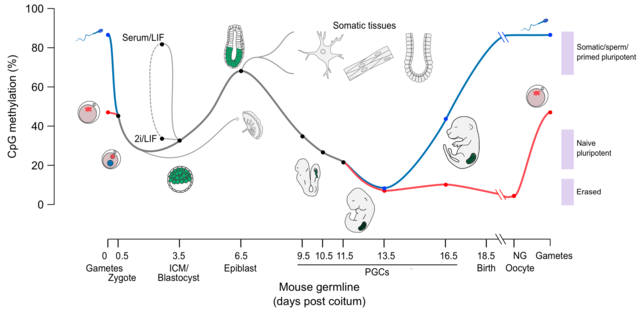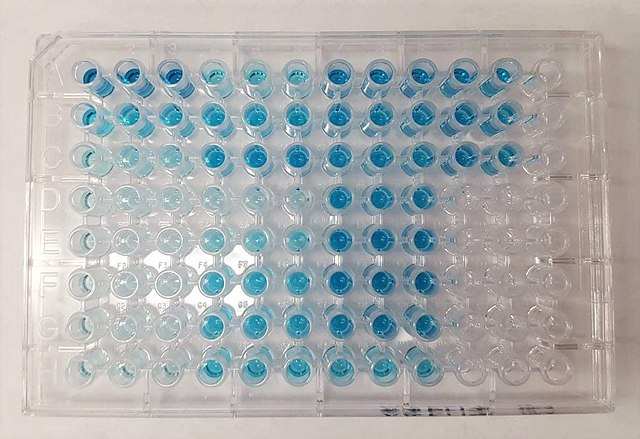DNA methylation – what effect do we have on DNA activity? 16th January 2024 – Tags: DNA, DNA methylation, Epigenetics
As science has developed, we have started to focus more and more on the material that builds us all – our DNA. We have learnt about its structure, its formation and many other aspects allowing us to delve deeper into the field of science called genetics. As research has progressed, we have also started to look at how some of the factors affect our genetic material. Today we will focus on one of these – methylation.
What is DNA methylation?
We can characterise DNA methylation as an epigenetic regulatory mechanism that occurs in all eukaryotic organisms. It controls gene expression, through changes in chromosome structure, DNA conformation, stability of genetic material and function between DNA and protein. It is a post-replication process that occurs in the cytosine moieties of the CpG dinucleotide sequence. Methylation of CpG islands is an important mechanism for gene silencing and inactivation of specific suppressor genes appearing in human cancers. This process is essential for the normal development of the organism, but disorders of this process also occur, which can lead to abnormalities in embryonic development or the occurrence of tumours.
What reaction occurs during DNA methylation?
If we look at the DNA methylation process from a chemical perspective, we can detect a simple chemical reaction. DNA methylation involves the attachment of alkyl (methyl) groups to the nitrogenous bases of nucleotides. In particular, it includes cytosine and, less commonly, adenine. The reaction product is usually 5-methylcytosine or N4-methylcytosine. The reaction is catalyzed by the enzyme DNA methylase.

What is epigenetics?
Epigenetics is the study of the influence of behavior and environmental factors on the functioning of genes. Epigenetic changes are reversible and do not change the DNA sequence, but they can change the way a given sequence is read. Epigenetic research focuses on the influence of the following factors: age, development, infection and pregnancy. Types of epigenetic changes in the genome include: DNA methylation, histone modification, and the production of non-coding RNA.

What processes is DNA methylation involved in?
- Genomic imprinting
- Embryonic development
- Maintaining chromosome stability
- X chromosome inactivation
- Transcription
- Chromosome replication
- Chromosome repair

What methods can we use to quantify global DNA methylation?
Currently, on the laboratory market we can find many different kits for quantitative determination of DNA methylation. One common type of such kits are ELISA test kits. They allow you to quickly perform the test, which can be completed after just 2 hours. We can find various types of such tests on the market, such as colorimetric or fluorimetric tests. We can often compare the obtained results with test results obtained by HPLC/MS analysis. It allows the detection of methylation in all types of eukaryotic organisms.


